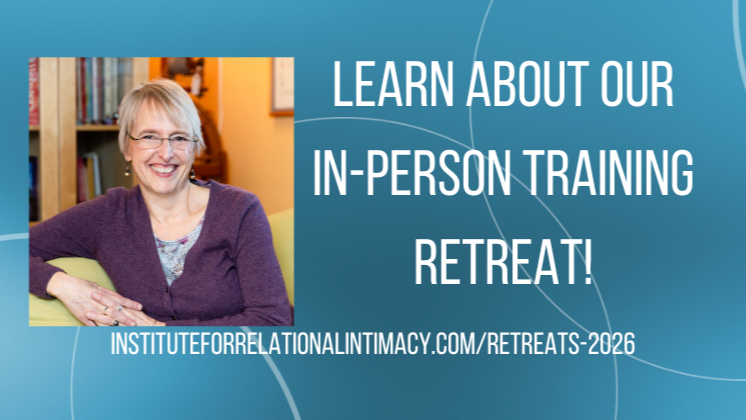Balancing Novelty And Comfort In Romantic Relationships
Aug 02, 2019
We expect a lot from our partners. On the one hand, we develop relationships based on love and romance. We yearn for attraction, excitement, a spark. On the other hand, when we’re forging lifelong partnerships, we also seek stability, reliability, and a predictable, comfortable status quo with a lot of emotional safety.
Naturally, different people prioritize different aspects of partnership. Some people are perfectly happy to sacrifice the thrill of the crush for the solidity of companionship. Others would rather focus on the magic spark. But most of us want a measure of each.
It’s natural for human beings to seek both novelty and reliability, excitement and comfort. But it’s quite a balancing act in a long-term relationship. Consider: the thrill of the crush comes in part from multiple uncertainties, including “do they like me, or not?” But the comfort of a best friend comes from the abiding certainty of their lasting affection. How can our partners be both thrilling crushes and trusted friends?
Part of the puzzle is simply the recognition that the early, head-over-heels infatuation phase of any romantic relationship must come to an end at some point. As magical as this phase is, we need to return to equilibrium at some point, if for no other reason, so we can get some sleep and accomplish some things that fell by the wayside while we fell in love.
The early phase of relationship includes focusing on ways in which we are similar, and stretching to be more alike. Together we create a sense of similarity and high regard that, ideally, can be the foundation for a lifelong relationship. It is also healthy for it to pass, and to give way to acknowledging our differences, reconnecting with ourselves and our individuality, and noticing there are things about our partner we don’t like.
It is easy to focus on the down side of differentiation, because as we notice and acknowledge our differences, we often disagree. This transition can be rough, and often includes significant disillusionment. But consider this: desire requires difference.
If the romantic spark is fading in your relationship, or perhaps faded a long time ago, ask yourself if you might be overly emotionally entangled, or a little too safe, predictable, or known.
In the right circumstances, asserting difference can be a powerful aphrodisiac. It allows partners to see each other in a new light, and desire one another anew.
Every individual in every relationship has to find their own way to address this challenge. Here are a few ideas:
- Have new conversations. Turn off devices and learn something new about one another over dinner or breakfast. I love Vertellis cards for this, but if you’re great at curious, creative, thought-inspiring questions, you don’t need any prompts. Not matter how long you’ve known one another, you don’t know all there is to know. Get creative, go deeper, and discover your ever-changing partner.
- Do new things. Turn off devices and create some memories. What sounds like fun? Start with a brainstorming list of at least 30 ideas of things that sound like fun to one or the other of you; you don’t have to agree, just brainstorm. Try to include things that take a few minutes, as well as some that take a couple of weeks. Include things that don’t cost anything, as well as big ticket items.
- Read a book together. Ideally, this would be about something that interests both of you. Organic farming? International travel? Lifestyle choices? Get inspired, and learn something together.
- In the same vein, take a class together.
- Look for the spark within yourself, and then share that with your partner. We have a weird cultural belief that we need other people to light us up, turn us on, excite us. While other people and deep connections can certainly be amazing, you also have the capacity to light yourself up. Have you lost your own connection with excitement, fun, play, novelty, or pleasure? Ask yourself: “What do I do to light myself up?” and start doing it!






